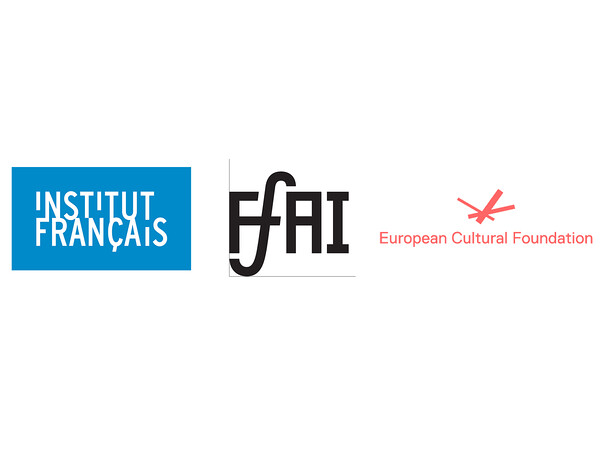The Museum of Repair
April 14–June 19, 2021
Mpotsari Tousa 19,
117 41 Athens
Greece
Hours: Wednesday–Friday 4:30–8:30pm,
Saturday 12–5pm
T +30 21 3031 8576
info@stateofconcept.org
State of Concept is proud to present The Museum of Repair, the first solo exhibition of Kader Attia in Greece.
Through sculptures, installations, collages, videos and photographs, Attia explores the ways in which colonialism and imperialism continue to shape how Western societies engage with non-Western cultures and more specifically how they still (re)present them, commenting on the role and implication of culture in perpetuating social injustice. His works offer a structural, meticulous critique of modern Western systems of control, that have been defining various aspects of life: from traditional museology to contemporary mechanisms of social exclusion.
Attia’s most recent film The Object’s Interlacing (2020), commissioned by Kunsthaus Zürich, sets the framework for this exhibition, and prompts a re-visiting of his work of the last decade. In the film, Attia addresses the issue of “restitution” of non-Western artefacts. The voices of historians, philosophers, activists, psychoanalysts and economists, create a palimpsest of varying standpoints on the idea of restitution, a subject close to Greek audiences, since the Parthenon Marbles remain to this day one of the famous cases of dubiously acquired artefacts.
The film highlights the complex parameters that have, enabled the use of culture in sustaining power imbalances, and facilitated narratives of specific historic “truths.” The works presented touch upon various aspects of the necropolitical tropes of today’s systems of power, inherited after hundreds of years of societal systems that were built on domination, extraction, enclosure and discrimination. Attia considers the idea of repair as both a physical and symbolic act, exploring simultaneously the way in which repair relates to both psychological and physical injury, and to collective as well as individual trauma. For Attia, repair has become a metaphor for cultural re-appropriation and resistance.
In the series of films titled “Reason’s Oxymorons,” the artist surveys how different societies discuss and understand concepts such as damage and loss. Through interviews with psychiatrists, ethnographers, historians and other practitioners, the artist grouped testimonies with titles such as “Genocide – Colonization,” “Modernity – Capitalism – Schizophrenia” and “Language,” in which we see conversations unfold that reveal the aftermath of collective trauma. Debuted at the Biennial of Lyon in 2015, the works address the effects of colonialism on non-Western subjectivities, reverberating the current refugee crisis, a topic heavily debated in the Greek context the last decade. Additionally, a selection of photographs from his series Rochers Carrés (2008) offer a visual representation of exclusion and enclosure: a beach in Algiers, rid with huge rocks placed to prevent people from taking boats across the Mediterranean to Europe. The presentation includes a series of publications that have been influential for the artist as well as recent articles demonstrating how migration and the refugee crisis are portrayed in Europe.
In The Museum of Repair, Attia transforms his long-term research into a compelling visual essay, looking at the realm of art as a forum that allows space for re-thinking the role of contemporary visual arts in deconstructing dominant narratives, while considering how it elicits and harnesses feelings of anger, sorrow, joy and grief. The exhibition invites the visitor to connect the theoretical framework that revolves around the concepts of repair, restitution, collective trauma, loss and exclusion with oral histories, testimonies and experiences that arrive through the works of Attia. It lastly poses the question of whether an artist can operate as a care-taker of knowledges that have been sidelined or silenced, or an instigator of future enactments of social justice.
The exhibition is curated by iLiana Fokianaki and is the first to arrive from State of Concept’s long-term research program The Bureau of Care. It is accompanied by a publication with texts by iLiana Fokianaki and Françoise Vergès.
Public program to be announced soon, please visit our website for more information.
The exhibition is supported by the French Institute and The Foundation for Arts Initiatives
The Bureau of Care is supported by the European Cultural Foundation


